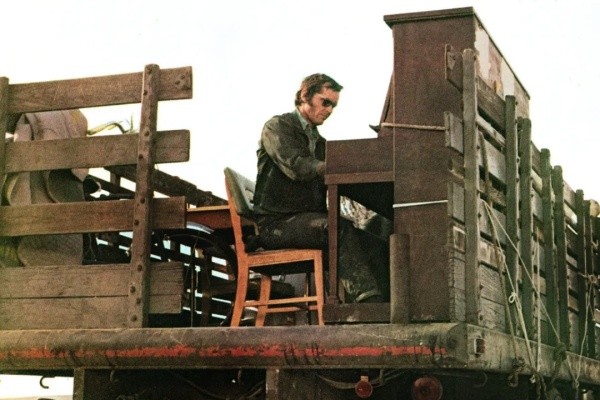Herzog’s take on capital punishment from a humanistic standpoint – haunting, hopeful, and strange.

Review #828
Dir. Werner Herzog
2011 | USA | Documentary/Crime | 107 mins | 1.78:1 | English
PG13 (passed clean) for mature thematic material and some disturbing images
Cast: –
Plot: Werner Herzog explores the legacy of a triple homicide in Texas interviewing the victims’ families and those convicted for the crime including one man on death row, eight days before his execution.
Awards: Official Selection (Toronto)
International Sales: ZDF Enterprises
Accessibility Index
Subject Matter: Moderate – Capital Punishment
Narrative Style: Slightly Complex
Pace: Slightly Slow
Audience Type: Slightly Arthouse
Viewed: German Film Festival
First Published: 5 Dec 2012
Spoilers: No
Discounting documentaries made for television, Into the Abyss marks German director Werner Herzog’s 14th documentary feature in a filmmaking career that has spanned more than four decades.
Known for his tumultuous relationship with the great, some say insane actor Klaus Kinski that spawned world cinema classics such as Aguirre, the Wrath of God (1972) and Fitzcarraldo (1982), Herzog is also a darn good documentary filmmaker, with notable recent entries such as Grizzly Man (2005), Encounters at the End of the World (2007), and Cave of Forgotten Dreams (2010).
Into the Abyss fortunately runs less than two hours, still it feels quite lengthy. Perhaps it is Herzog’s languid style, or maybe time in prison indeed feels like an eternity.
In any case, this documentary about capital punishment as seen through the unfortunate case of Michael Perry, a death row inmate who inadvertently became a murderer when his (and his friends’) intention was just to steal a Camaro.
Herzog talks to Michael days before his state-sanctioned execution, and those involved in the case including his friends, family of the victims, and the authorities. The result is a look at capital punishment from a humanistic standpoint.
“Hold still and watch the birds. Once you get up into your life like that, and once you feel good about your life, you do start watching what the birds do.”
Into the Abyss doesn’t actively force anyone to take sides (though the viewer will be inclined to adopt the view against state killing), but what it does effectively is to show the suffering of those involved.
Herzog asks difficult questions, sometimes personal ones, even though his subjects have gone through an emotional toll. You may find them insensitive such as when he asks a woman who had lost most of her family through tragic circumstances how she felt about the deaths and how she was coping alone.
Or how he asked what Michael thought about the state killing him in a few days. Yet strangely, Herzog’s subjects continue to speak earnestly to the camera.
The camera also reveals some haunting imagery as Herzog retraces back to the crime scenes with a kind of investigative purpose. However, this is not an investigative documentary, and I’m sure Herzog is fine not being a detective, though he would make a fine one.
Instead, Into the Abyss attempts to make sense of the meaning of capital punishment from both subjective and objective standpoints without being too overbearing or political.
If you want something more powerful and in-your-face, Kieslowski’s A Short Film About Killing (1988) is a must-watch. In any case, both films will work together to change your mind against the monstrous idea that is capital punishment, which I feel should only be reserved for the most heinous of crimes, committed by the most monstrous of persons.
Grade: B+
Trailer:
Music:











